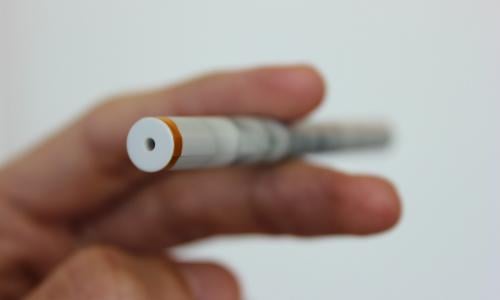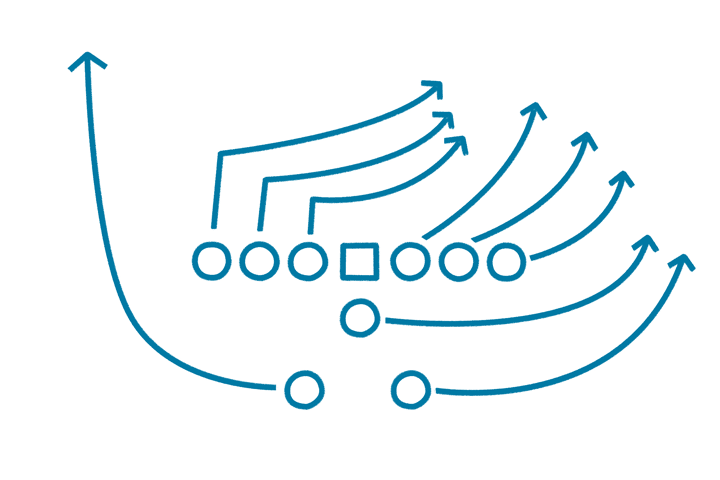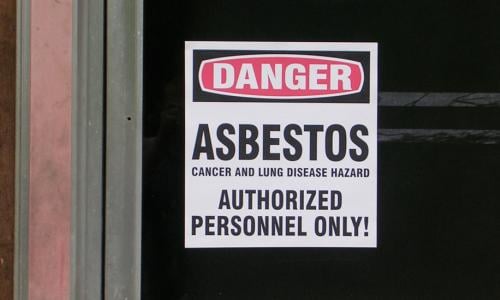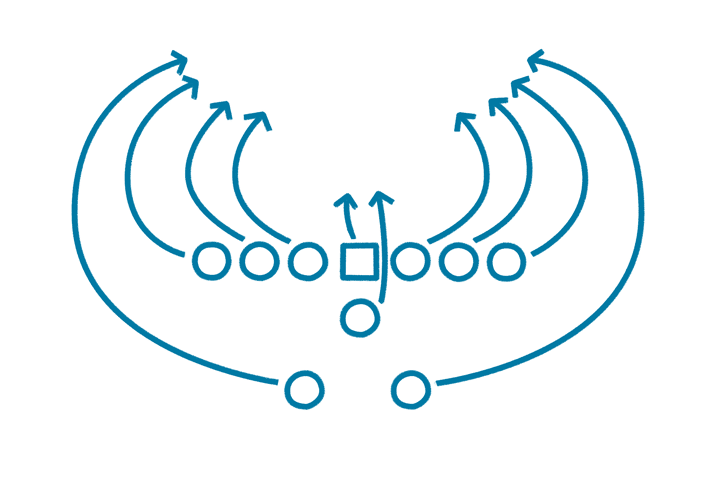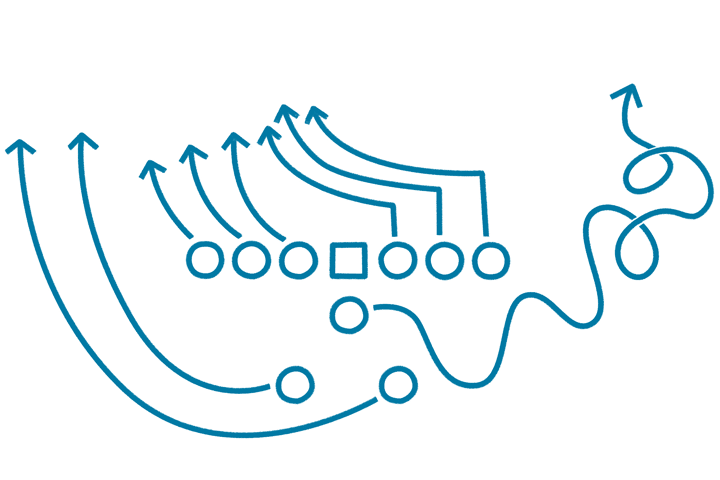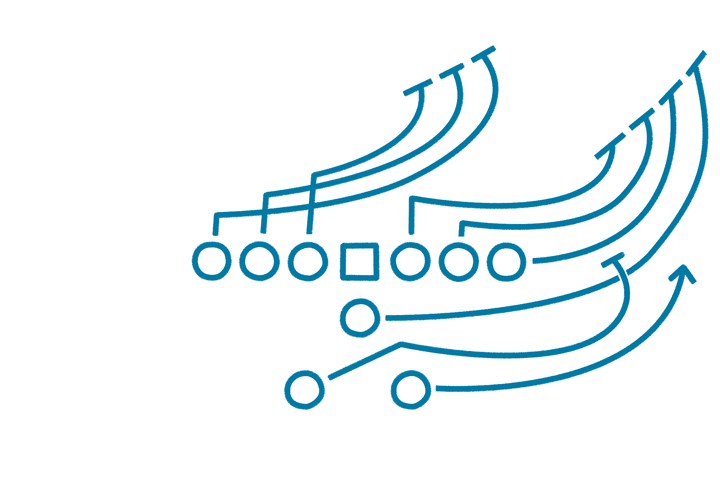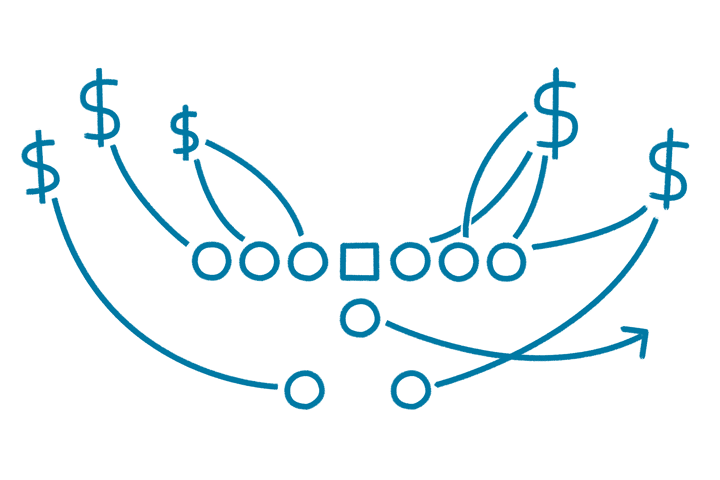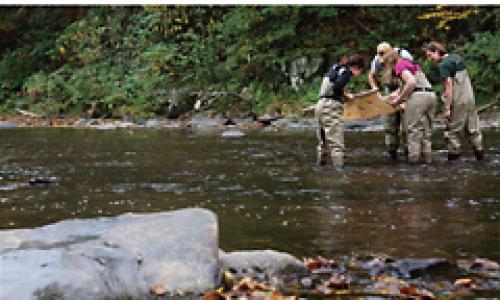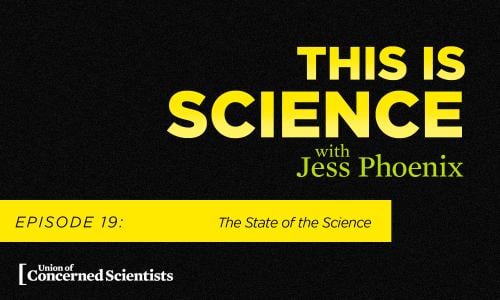Science helps keep us safe and healthy. The public safeguards that keep our drinking water clean and our children's toys safe rely on independent science and a transparent policymaking process. And we all rely on scientific information to make informed choices about everything from what we eat to what consumer products we buy for our families.
But the results of independent science don’t always shine a favorable light on corporate products and practices. In response, some corporations manipulate science and scientists to distort the truth about the dangers of their products, using a set of tactics made famous decades ago by the tobacco industry. We call these tactics the Disinformation Playbook.
To be clear: most companies don’t engage in disinformation. The deceptive practices that make up the Playbook are used by a small minority of companies—and yet, as we show, they are found across a broad range of industries, from fossil fuels to professional sports.
Here are five of the most widely used “plays” and some of the many cases where they have been used to block regulations or minimize corporate liability, often with frightening effectiveness—and disastrous repercussions on public health and safety.
Companies underwrite a good deal of scientific research, and society often benefits from it. But bonafide scientific research demands a high degree of scientific integrity to ensure that results derive from the evidence, and not from a desire to meet a predetermined, non-scientific objective. People who have a financial stake in research outcomes should not publish in scientific journals without full and clear disclosure of conflicts of interest—especially when the results involve the safety or effectiveness of a company’s products.
To evade these standards, some companies choose to manufacture counterfeit science—planting ghostwritten articles in legitimate scientific journals, selectively publishing positive results while underreporting negative results, or commissioning scientific studies with flawed methodologies biased toward predetermined results. These methods undermine the scientific process—and as our case studies show, they can have serious public health and safety consequences.
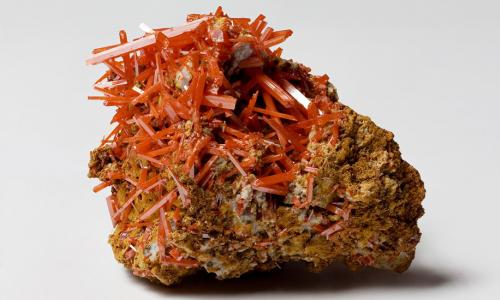
Industry Groups Used Cherry-Picked Science to Avoid Regulation of Chromium

Merck Manipulated the Science about the Drug Vioxx

Fossil Fuel Companies Distorted the Science about the Dangers of Benzene

DuPont, 3M Concealed Evidence of PFAS Risks
Companies and industry trade associations sometimes try to bury scientific information by harassing or intimidating scientists whose research threatens their bottom line. This coercion can take several different forms: our case studies show how corporations have threatened to defund scientists’ research, interfere with their promotion or tenure, transfer them to other positions, or tarnish their reputations.
Some corporations have also sought to muzzle scientists by including gag orders in research or employment contracts, or through litigation and open records requests to tie up their time and resources, making universities less likely to support important, policy-relevant research.
Each of these tactics has the same goal: to silence scientists and stifle independent science. This behavior violates the spirit of scientific inquiry, which is open to all ideas and findings and inclusive of fellow experts looking to learn more about our world. Any efforts to make scientists feel threatened, or to discourage them from publishing or even continuing their research, are direct attacks on our country’s scientific enterprise, compromising its ability to effectively serve the public.

Syngenta Harassed the Scientist Who Exposed Risks of its Herbicide Atrazine

How the Fossil Fuel Industry Harassed Climate Scientist Michael Mann
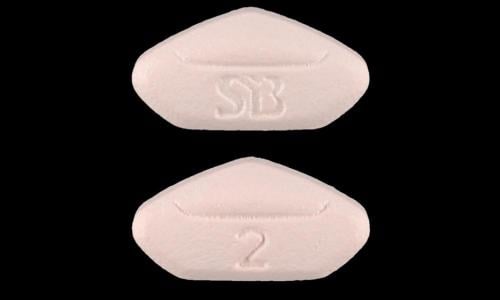
GlaxoSmithKline Tried to Silence the Scientist Who Exposed the Dangers of its Drug Avandia
As evidence emerges about a product’s adverse effects, companies will sometimes try to undermine the science by falsely spreading doubt about the harm, deceiving the public and undermining the efforts of regulatory bodies to protect the public. A now-infamous memorandum from a tobacco executive in 1969 captured this strategy well: “Doubt is our product, since it is the best means of competing with the ‘body of fact’ that exists in the minds of the general public.”
Our case studies show how corporations have deployed trade associations and front groups with innocuous-sounding names to undermine science, influence public opinion, and gain access to policy makers while maintaining the illusion of independence.
Working to manufacture doubt and create the appearance of uncertainty where little exists is a blatant abuse of the way independent science operates to develop knowledge and inform the public about threats to their health and well-being.

Corn Refiners Association Used Front Groups to Spread Disinformation about Sugar and Health
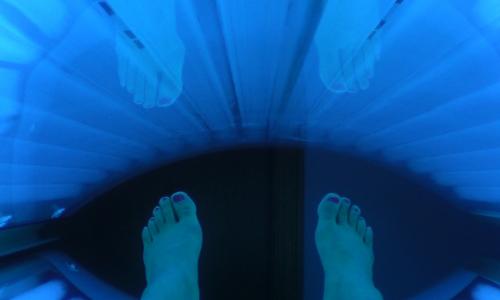
The Indoor Tanning Association Used Misleading Ad Campaigns to Distort Skin Cancer Science

How the American Chemistry Council Sowed Uncertainty about Formaldehyde Risks
Many companies forge strong financial connections with university research departments with the legitimate goal of advancing public knowledge. Corporations sometimes sponsor academic chairmanships, sponsor students, or fund research. Arrangements like these can help companies improve their image by affiliating with a prestigious academic institution or professional society.
Transparency and scientific independence are crucial in such relationships. As a group, industry-funded studies are more likely to produce results favorable to industry. This doesn’t mean that corporate funding of scientific research will necessarily lead to biased results, but it underlines the need for full disclosure so that the objectivity of scientific literature can be adequately assessed.
As our case studies show, companies have sometimes exploited their academic alliances to influence research and spread misinformation that serves corporate interests while undermining science.

Disinformation Playbook: Purdue Pharma

The Fossil Fuel Industry Hid the Truth about Its Funding of Fracking Research

Philip Morris Funds University Research—with Strings Attached

The Case of ExxonMobil and the American Geophysical Union

Alcohol Industry Funds Government Study
Like public interest organizations, many companies or industry trade associations lobby the government to help enact legislation favorable to their interests. Some companies, however, go so far as to undermine the way federal agencies use science to develop policy, pushing for changes that make it harder for agencies to fulfill their science-based missions, or using political connections to gain access to top-level agency officials. Such actions compromise the government’s ability to protect the public.
Unfortunately, a “revolving door” between industry and government presents a huge opportunity for people with industry ties and clear financial conflicts of interest to hold key decisionmaking positions. Such officials can help develop policies that benefit a former or prospective employer, policies that may live on long after their departure.
While it’s certainly reasonable for industry to participate as a stakeholder in policy decisions, transparency and public vigilance are needed to keep companies from using their deep pockets and powerful networks to promote policies that undermine scientific evidence and threaten public health and safety.

Pfizer Pressured the FDA to Downplay the Risks of Its Arsenical Animal Drug

How the NRA Suppressed Gun Violence Research

BP and Other Companies Exploited a Regulatory Agency to Continue Negligent Offshore Drilling
